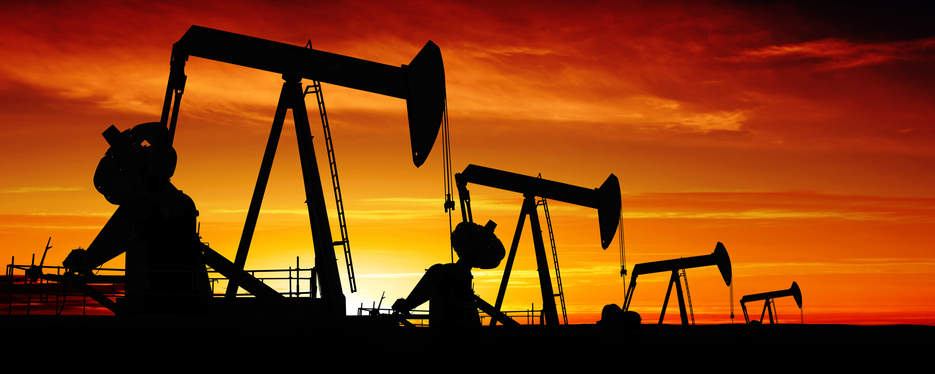
Pennsylvania Depends on the Fracking Industry
The COVID-19 pandemic continues to have a widespread and significant impact on all of America, including the natural gas and oil industry. This impact has been particularly significant in Pennsylvania, where the state’s people and economy largely depend on the industry’s consistent production. CBS News details the effect that Covid-19 is having on a local level in Pennsylvania.
John Stavovy had become accustomed to getting monthly checks of $7,000 to $8,000 from the energy company that began pumping shale gas from his 285-acre farm in Washington County, Pennsylvania, at the peak of the Marcellus Shale boom. But as the price of natural gas fell to its lowest point in two decades, his checks have dropped to under $2,000.
The Pennsylvania Independent Fiscal Office estimated earlier this year that gas companies paid nearly $220 million in royalties to landowners in 2017, an increase from $120 million in 2016. Now, in the wake of an unprecedented crisis, these numbers are dropping. This means that the industry needs encouragement, though, not abandonment. Fracking has helped Pennsylvania through tough times before, and it is certainly capable of doing so again.
After the 2008 financial crisis, a major influx of hydraulic fracturing, or fracking, boosted Pennsylvania’s economy. Today the state produces more dry natural gas than any state except Texas, according to the Energy Information Administration (EIA).
It is encouraging to have such a proven, consistent industry – particularly as the country enters a stage of recovery from Covid-19’s economic fallout. But, with November quickly approaching, the threat of a fracking ban looms large. Democratic presidential nominee Joe Biden has long been pandering to the eco-left, but, after choosing Senator Kamala Harris (D-CA) as his running mate, the Democratic ticket’s energy agenda became even more extreme.
A Power The Future study found that, since 2012, the natural gas impact fee has raised at least $1.7 billion for Pennsylvania. The study also found that, from 2007-2012, despite the great recession, the state experienced large job and wage growth, including: 259 percent increase of jobs in the oil and natural gas industry, 12 percent increase in average annual pay, and 36% growth in wages in the oil and natural gas industry. These are jobs, revenue, and wages that Pennsylvania needs now more than ever.
The industry cannot help the state recover from this crisis if it’s severely limited or, even worse, eliminated entirely. Pennsylvania always proves to be a crucial swing state, and threatening to ban an essential industry, especially in a time of crisis, is not likely to sit well with the hundreds of thousands of workers who depend on the industry.
August 14, 2020